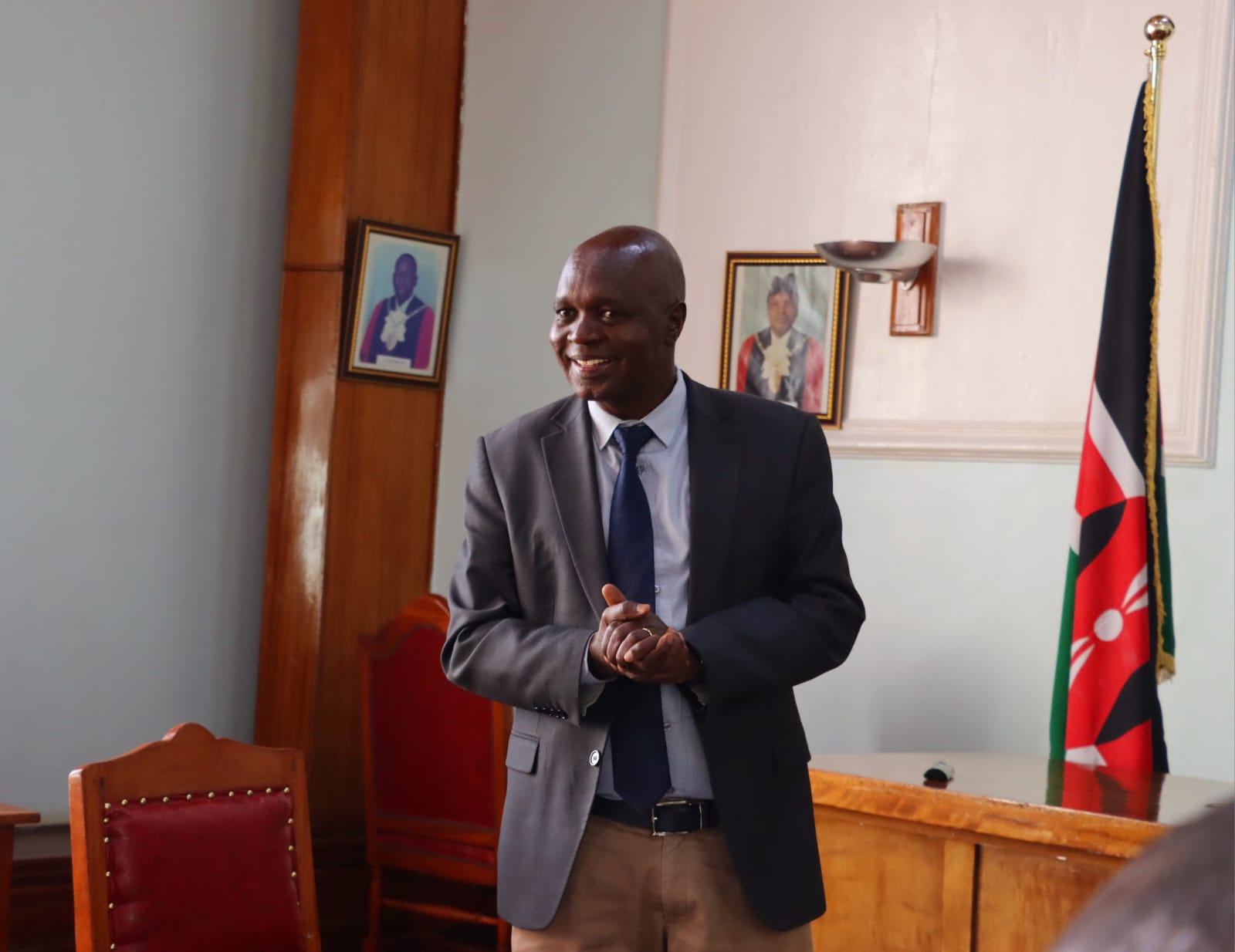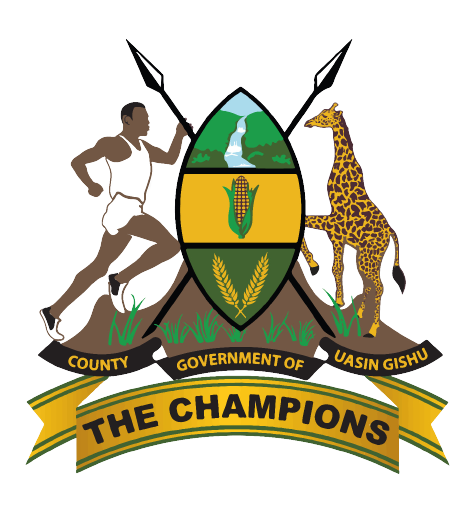The Food and Agriculture Organization (FAO) of the United Nations convened a crucial land governance progress review meeting at the Uasin Gishu County Headquarters, bringing together County Executive Committee (CEC) members and land officers from across the North Rift region. The meeting was chaired by FAO Programme Manager Ms. Husna Mbarak and focused on evaluating ongoing interventions aimed at strengthening land administration systems.
The counties of Uasin Gishu, Nandi, Elgeyo Marakwet, West Pokot, Trans Nzoia and Turkana have been beneficiaries of FAO-backed initiatives that target critical aspects of cluster 3 digital land governance program. These include digitization of land records, establishment of land registries, development of GIS laboratories, capacity building for staff, and support for county-level land policy frameworks.
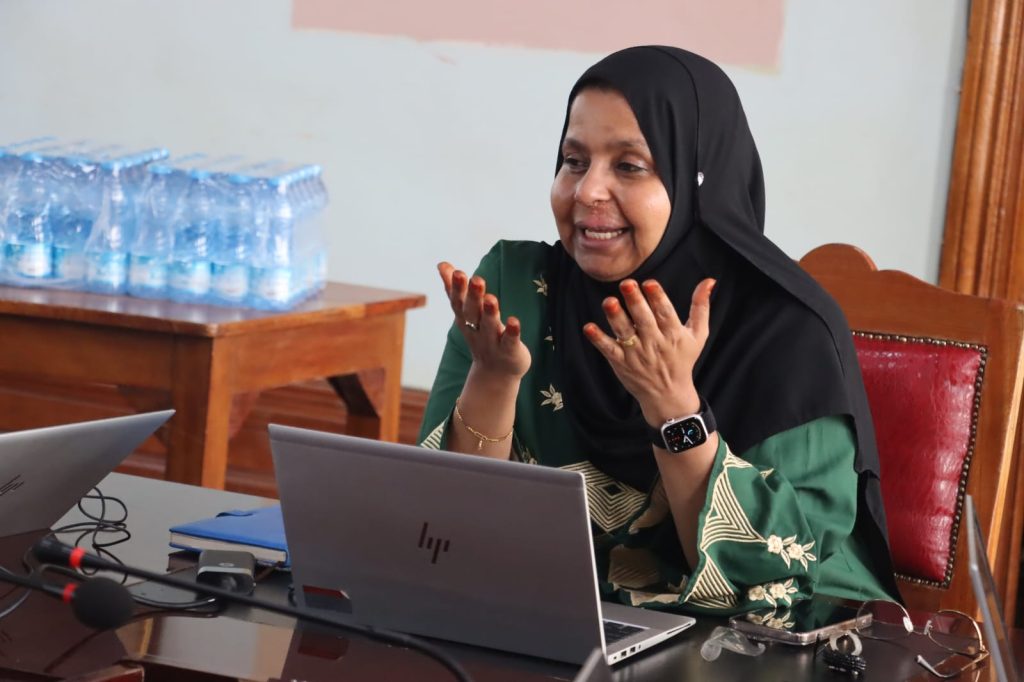
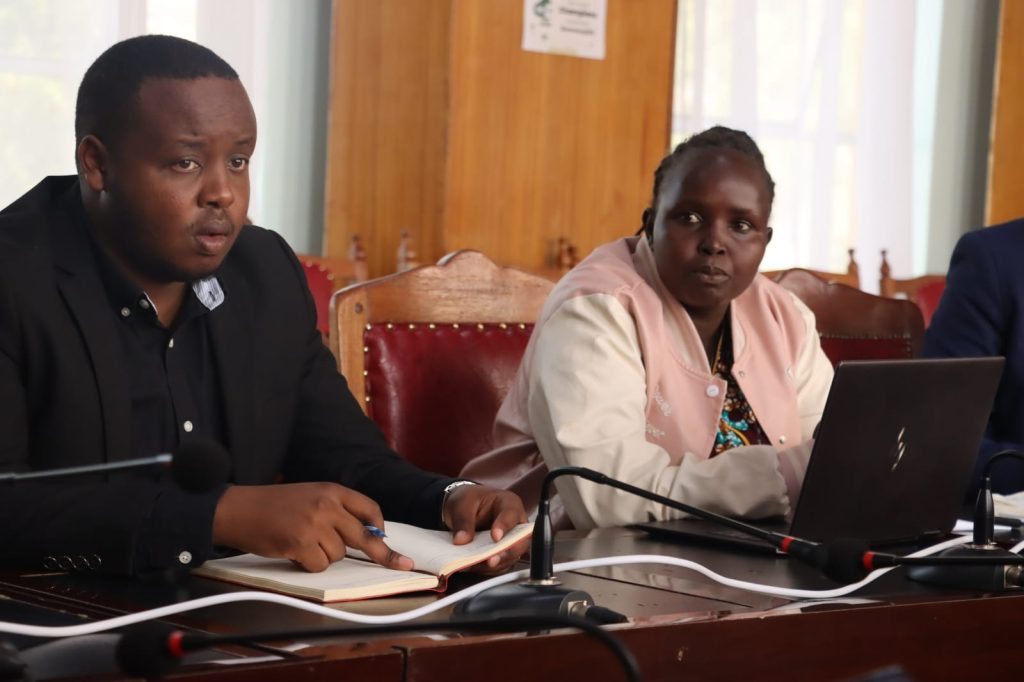
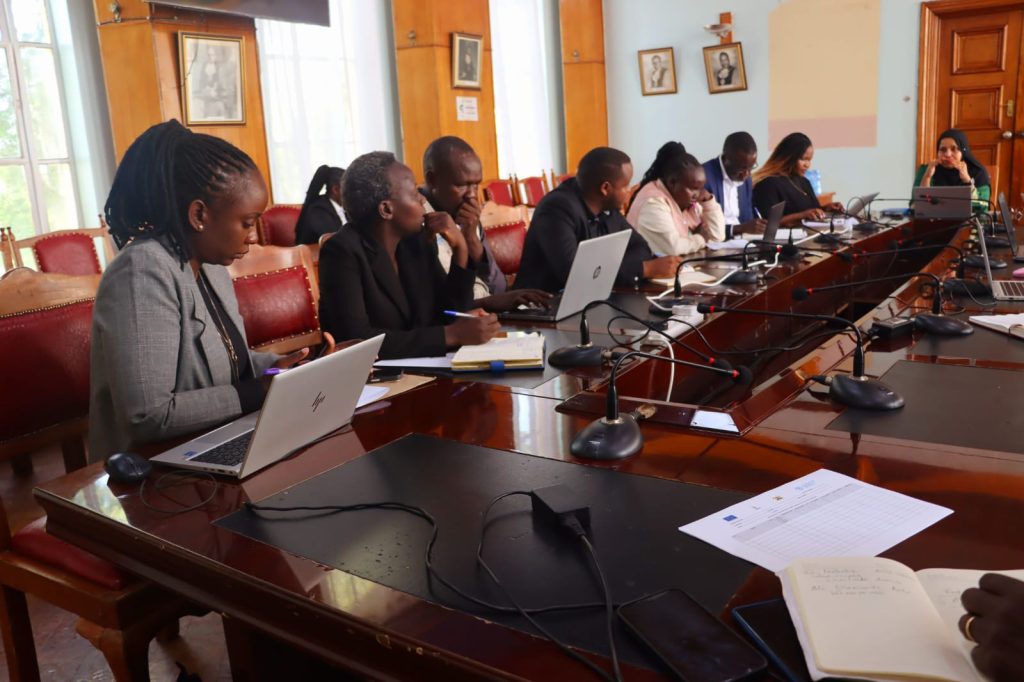
“Counties have made commendable progress in institutional capacity, but we must prioritize registry digitization through Ardhi Sasa and address the complexity of community land registration,” said Ms. Husna Mbarak noted that community land remains one of the most pressing and underserved areas in Kenya’s land governance landscape.
“FAO encourages counties to intensify advocacy and resource mobilization to fast-track these efforts.”
In her remarks, Ms. Mbarak reiterated FAO’s commitment to providing technical support to counties in navigating the legal and operational hurdles around community land adjudication, titling, and conflict resolution.
Speaking during the session, Uasin Gishu County Executive for Lands, Mr. Edward Sawe praised the impact of FAO’s programs on institutional reform and service delivery.

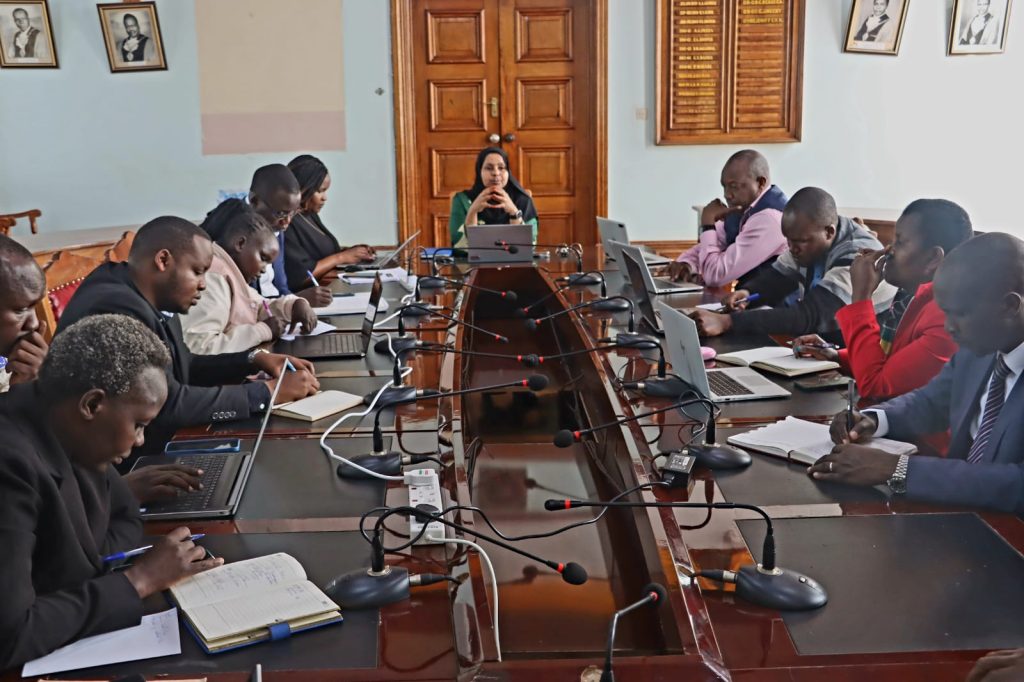
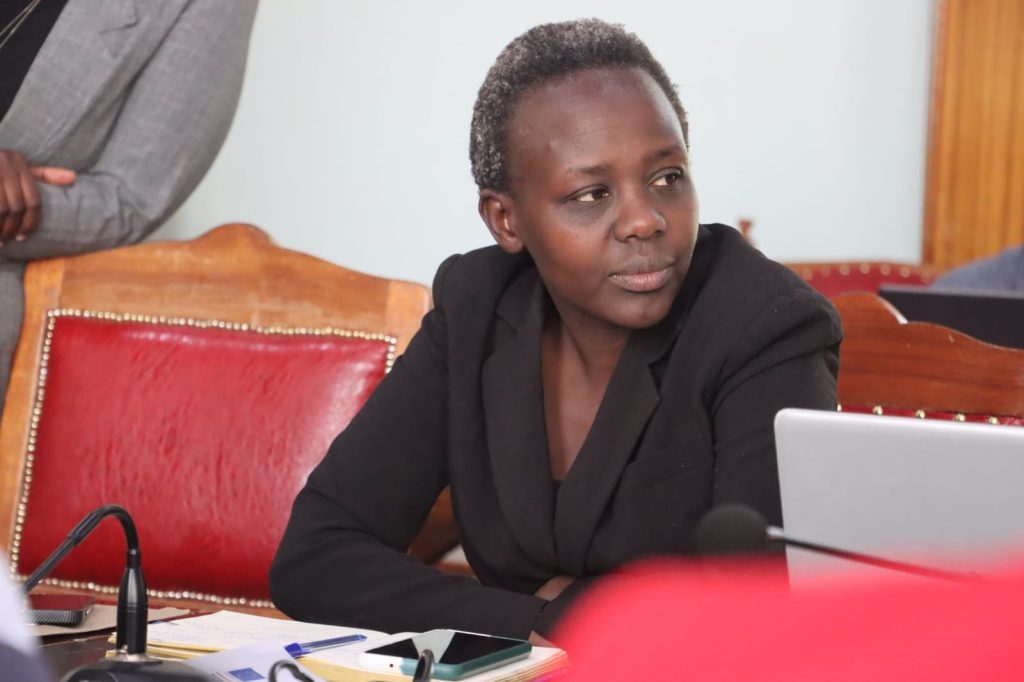
“Through FAO’s support, we have enhanced our ability to serve the public more efficiently — from modern GIS tools to trained personnel. What we need now is deeper integration of digital platforms and stronger focus on community land management,” said Mr. Sawe.
Chief Officer for Lands, Mr. Julius Koech added that urban planning should not be left behind in these discussions. He emphasized the importance of aligning land governance with urban development, particularly the implementation of the Integrated Development and Expansion Plan (IDEP) for Eldoret City.
“The IDEP is a visionary, long-term strategy for Eldoret’s future. We urge stakeholders, including FAO and national agencies, to support its implementation through funding and technical input,” Mr. Koech said.
Among the key recommendations from the meeting was the need for increased county-level lobbying for funding, especially for community land mapping, digital transformation under Ardhi Sasa, and urban land policy development.
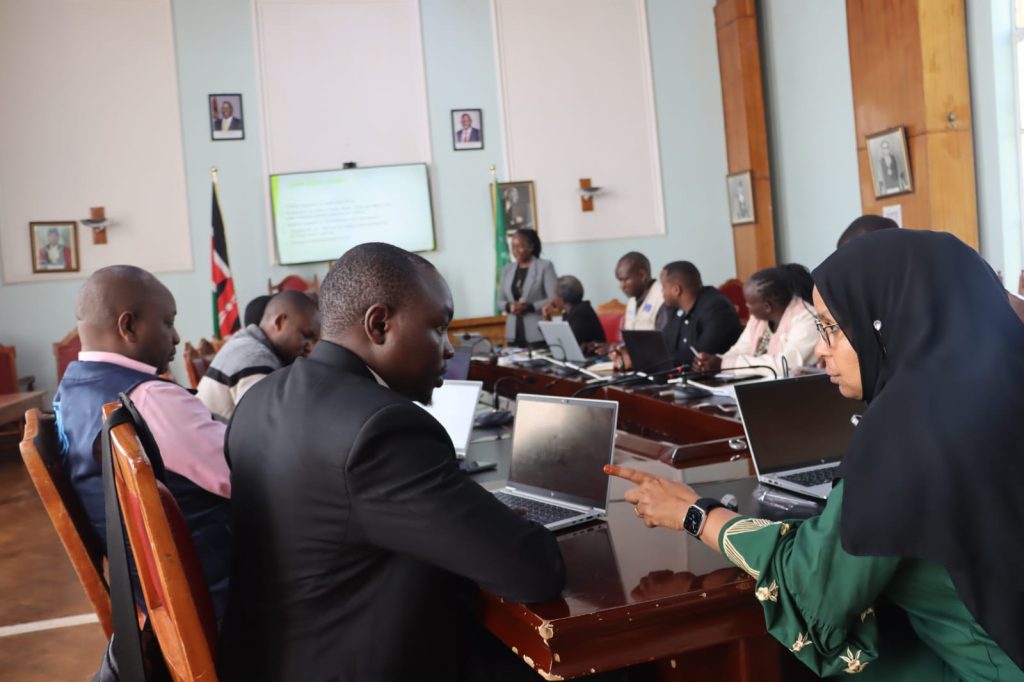
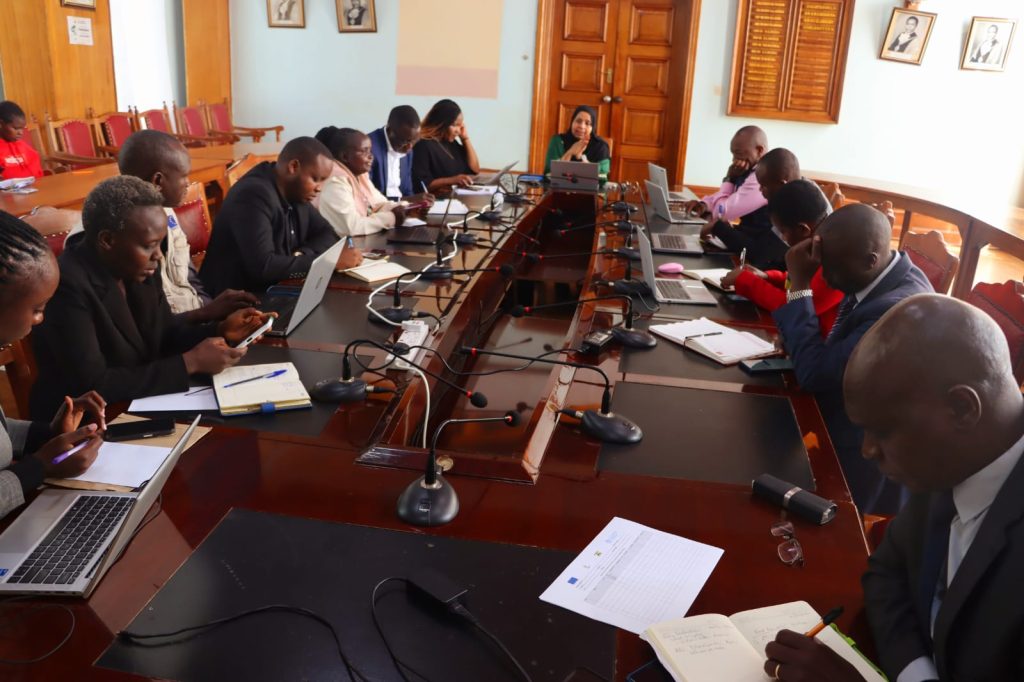
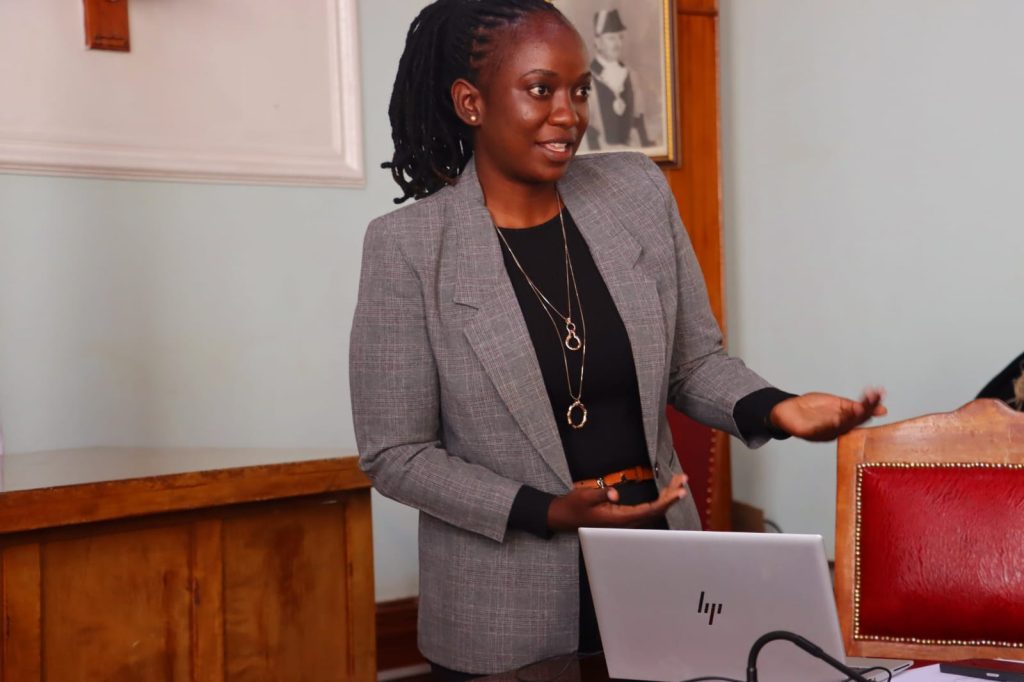
The gathering also provided a platform for counties to share best practices and challenges in implementing land governance reforms. Participants stressed the importance of inter-county collaboration, public awareness, and inclusive policy-making — especially when dealing with community land issues that involve pastoralist and indigenous groups.
The FAO continues to support the Kenyan government and counties through its Land Governance Programme, a flagship initiative that seeks to strengthen secure land tenure, improve land use planning, and ensure equitable access to land for all.
Discussions from Council of Governors rep Evans Kipruto, CECMS Esther Chelimo-West Pokot, Thomas Maiyo- Elgeyo Marakwet, Aletea Faith -Turkana, Phanice Khatundi- Trans Nzoia were all put into perspective.
